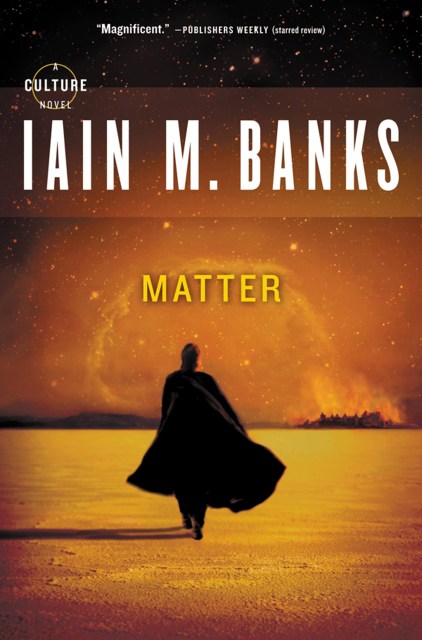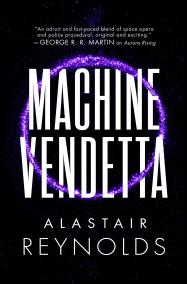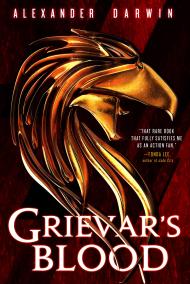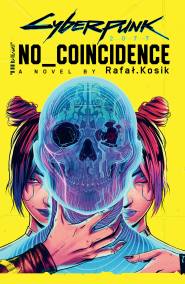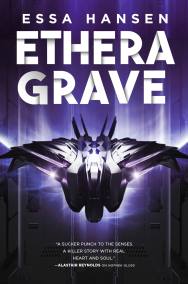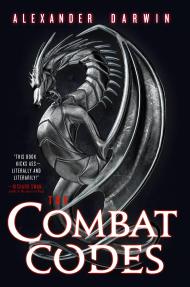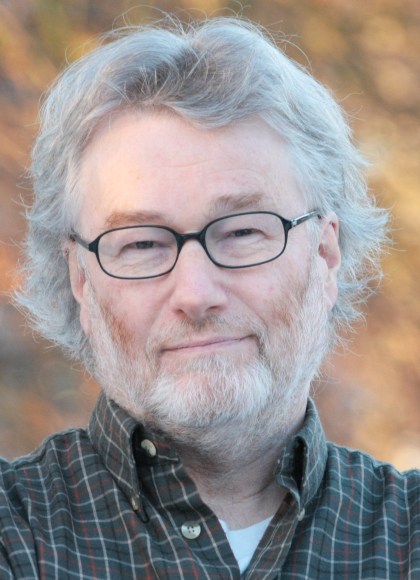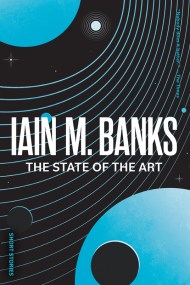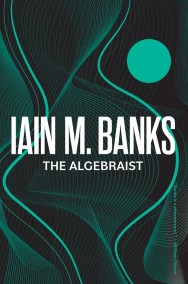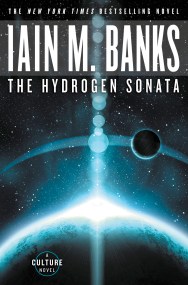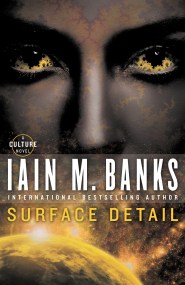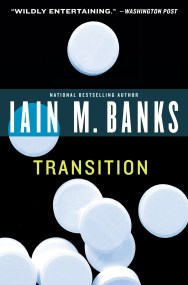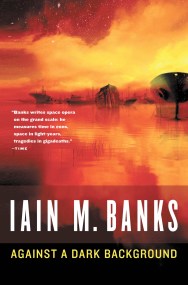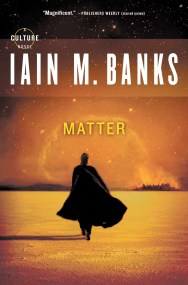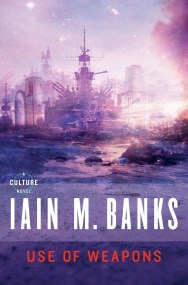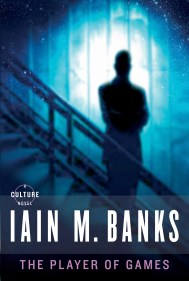Promotion
Use code MOM24 for 20% off site wide + free shipping over $45
Matter
Contributors
Formats and Prices
Price
$9.99Price
$12.99 CADFormat
Format:
This item is a preorder. Your payment method will be charged immediately, and the product is expected to ship on or around February 10, 2009. This date is subject to change due to shipping delays beyond our control.
Also available from:
"Unexpectedly savage, emotionally powerful, and impossible to forget." —The Times
In a world renowned even within a galaxy full of wonders, a crime within a war. For one brother it means a desperate flight, and a search for the one — maybe two — people who could clear his name. For his brother it means a life lived under constant threat of treachery and murder. And for their sister, even without knowing the full truth, it means returning to a place she'd thought abandoned forever.
Only the sister is not what she once was; Djan Seriy Anaplian has changed almost beyond recognition to become an agent of the Culture's Special Circumstances section, charged with high-level interference in civilizations throughout the greater galaxy.
Concealing her new identity — and her particular set of abilities — might be a dangerous strategy, however. In the world to which Anaplian returns, nothing is quite as it seems; and determining the appropriate level of interference in someone else's war is never a simple matter.
The Culture Series
Consider Phlebas
The Player of Games
Use of Weapons
The State of the Art
Excession
Inversions
Look to Windward
Matter
Surface Detail
The Hydrogen Sonata
Genre:
- On Sale
- Feb 10, 2009
- Page Count
- 624 pages
- Publisher
- Orbit
- ISBN-13
- 9780316040723
Newsletter Signup
By clicking ‘Sign Up,’ I acknowledge that I have read and agree to Hachette Book Group’s Privacy Policy and Terms of Use
